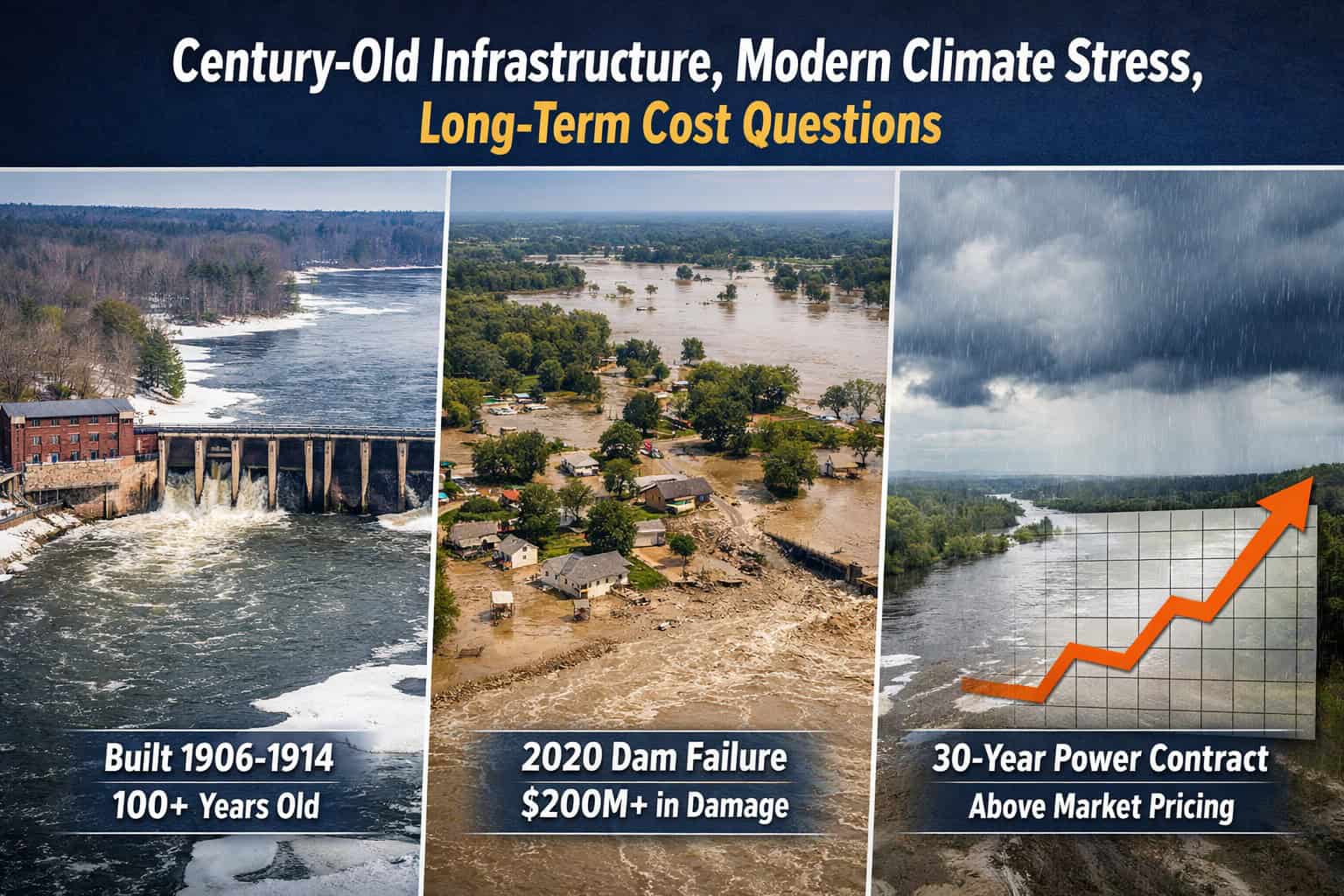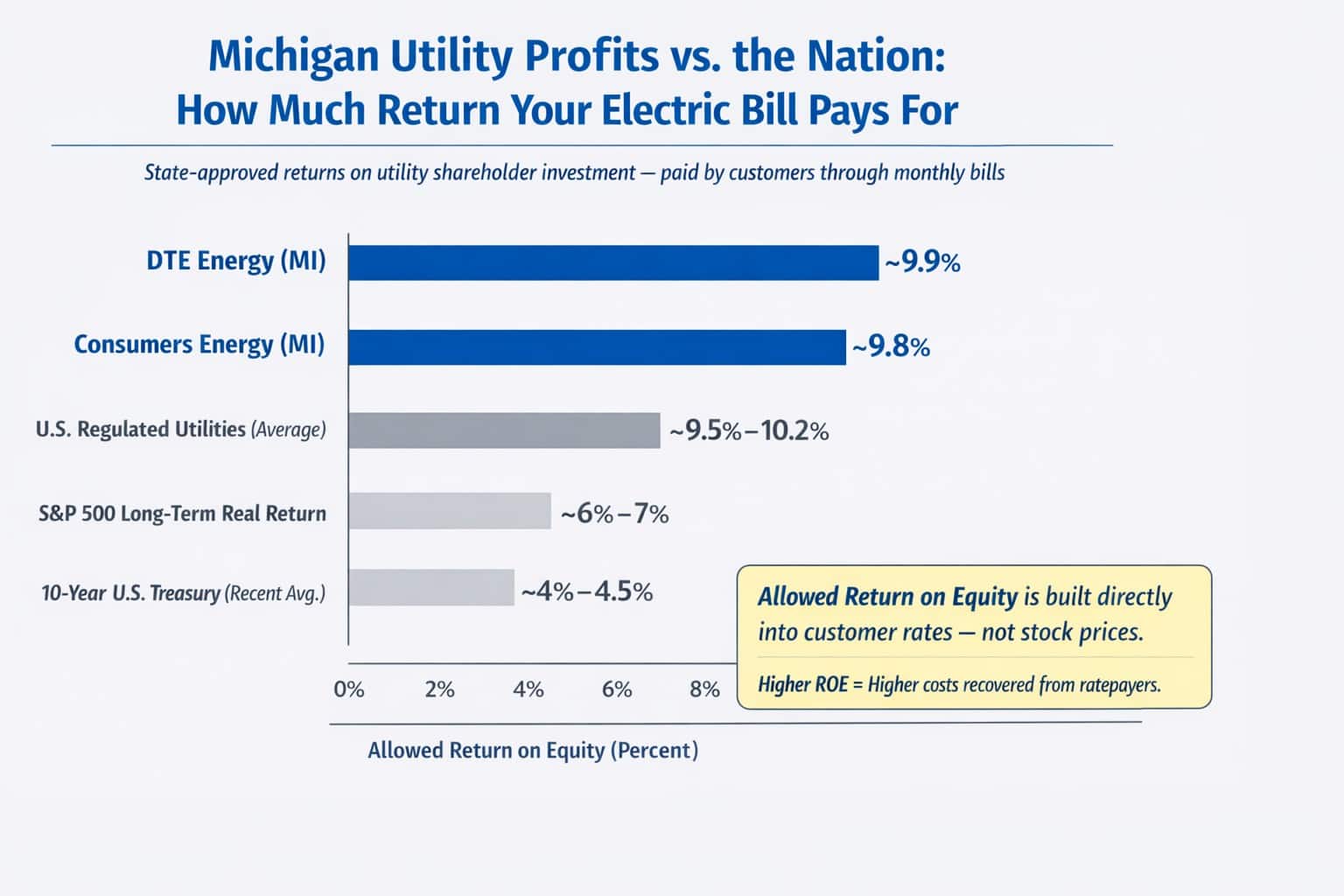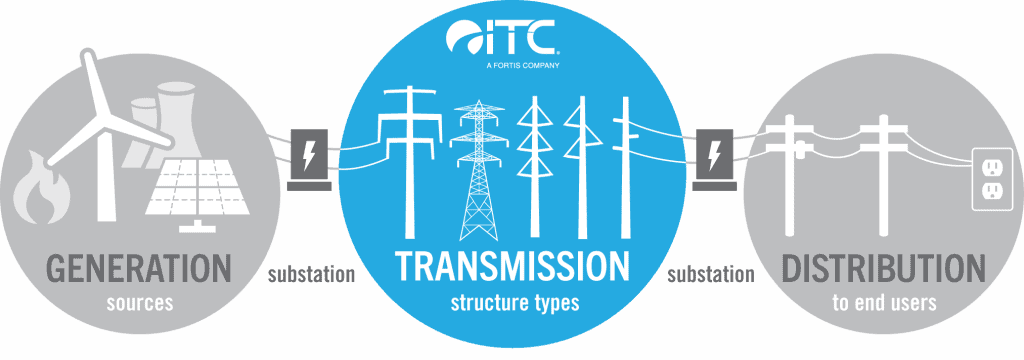ANN ARBOR — The City of Ann Arbor Solarize program is celebrating a major milestone, surpassing 5 megawatts (MW) of new solar installed in the local community. With almost 5.2 MW of solar installed through the program, Ann Arbor continues to be a leader in solar adoption, striving toward achieving the A2ZERO goals.
A majority of the residential solar installations in Ann Arbor represent residents who purchased their solar through the Solarize program. Solarize is a community bulk-buy solar program aiding residents in Washtenaw County with convening neighbors, friends and participating solar installers. The program facilitates learning about residential solar, getting questions answered, and provides the option to come together to bulk-purchase solar, allowing for significant savings.
To date, Solarize groups have collectively installed almost 5.2 MW of solar across 690 installations. With anyone living in Washtenaw County being eligible to participate in Solarize, around 27% of all the installations have taken place outside of Ann Abror. Through Solarize, participants have collectively saved over $2.3 million in upfront installation costs and an estimated $22.8 million in energy costs over the projected 25-year lifespan of the systems. Combined with the 30% tax credit from the Inflation Reduction Act, the average Solarize participant sees just over $9,000 in upfront cost savings on their solar installation.
2023 was the biggest year for solar installations in the city’s history. The City Ann Arbor looks to build on this momentum and set yet another record for installations. If you are interested in joining a Solarize group, or considering hosting your own group, contact Connor Dailey, Solarize program lead, at [email protected], or learn more at a2gov.org/solar.
The City of Ann Arbor Office of Sustainability and Innovations was founded in 2018 and is guided by the Ann Arbor Carbon Neutrality Plan: A2ZERO. A2ZERO strives toward one unifying vision: Together, creating and implementing a just transition to carbon neutrality, community wide, by 2030.
Learn more at www.a2gov.org/sustainability.






